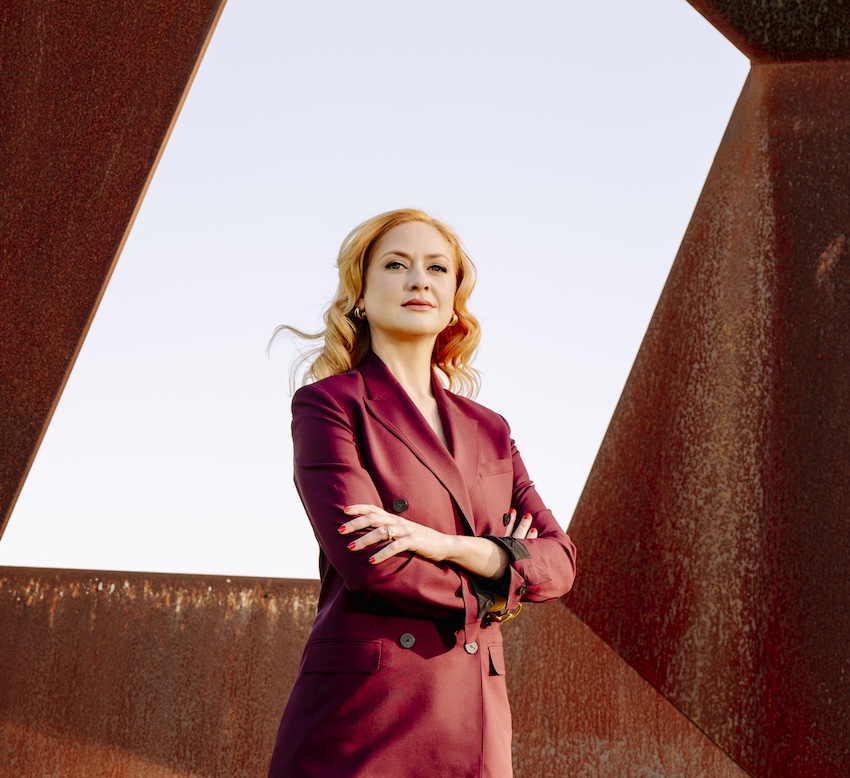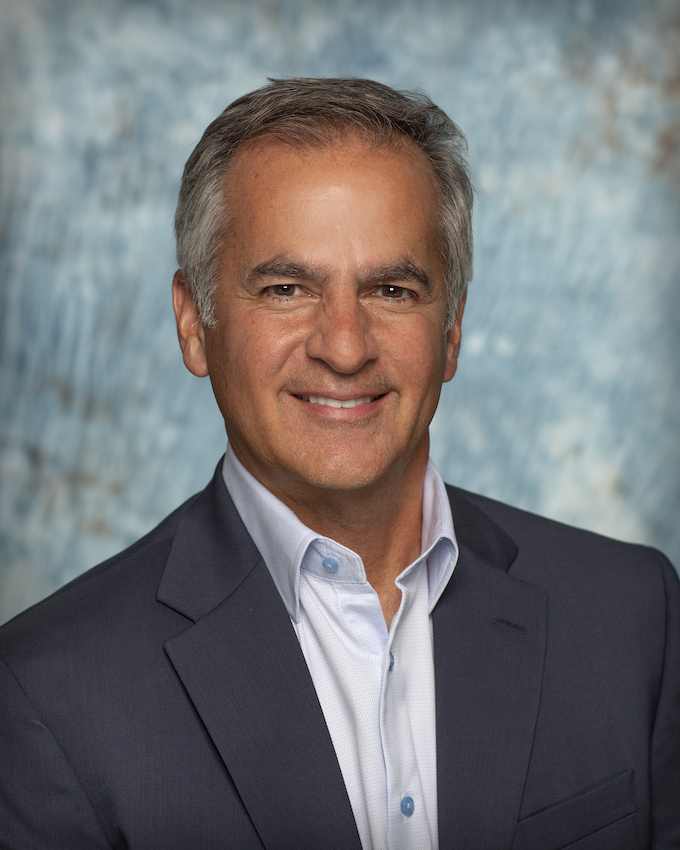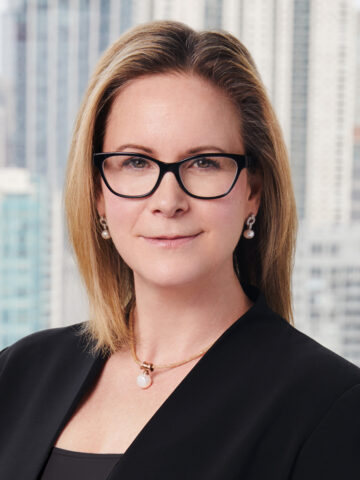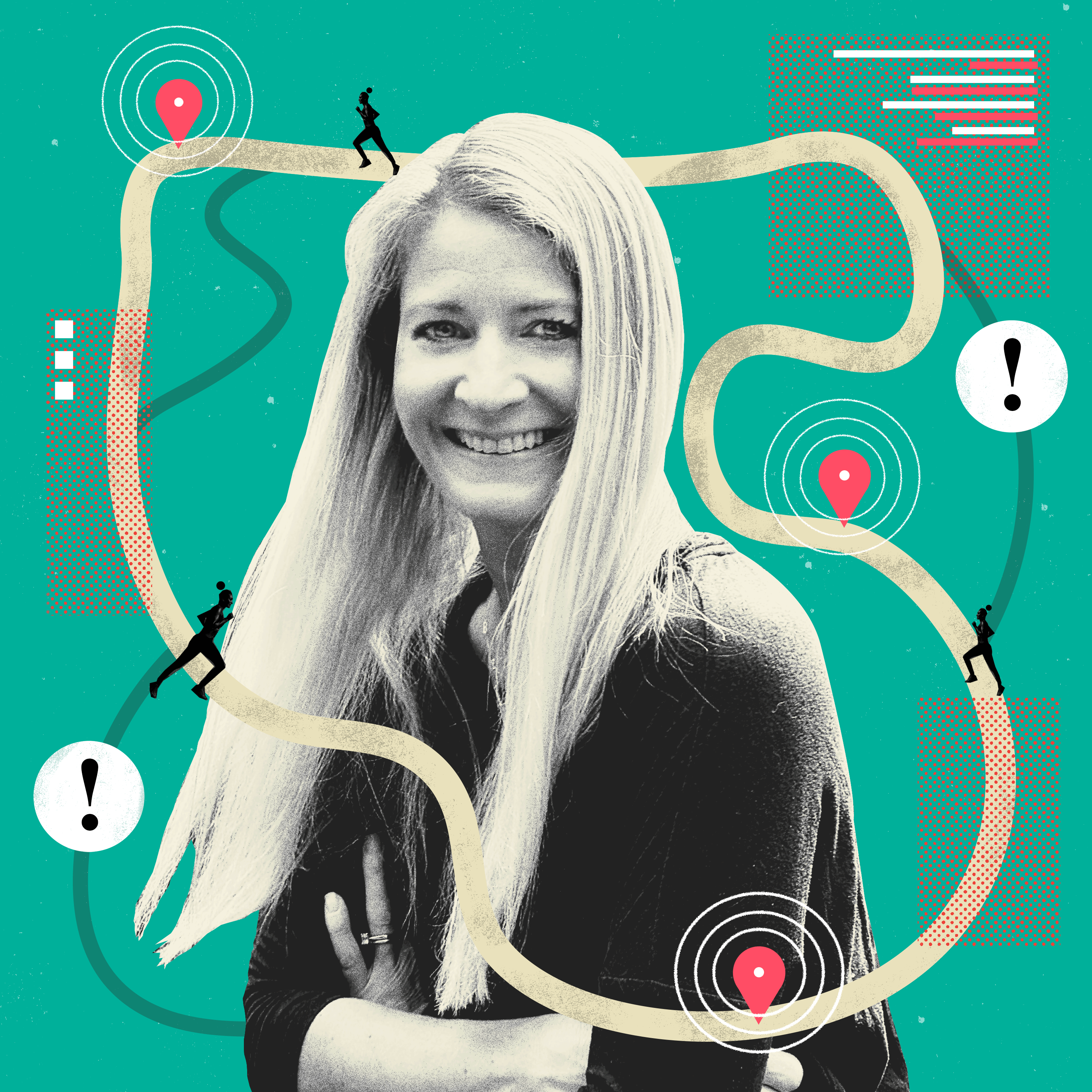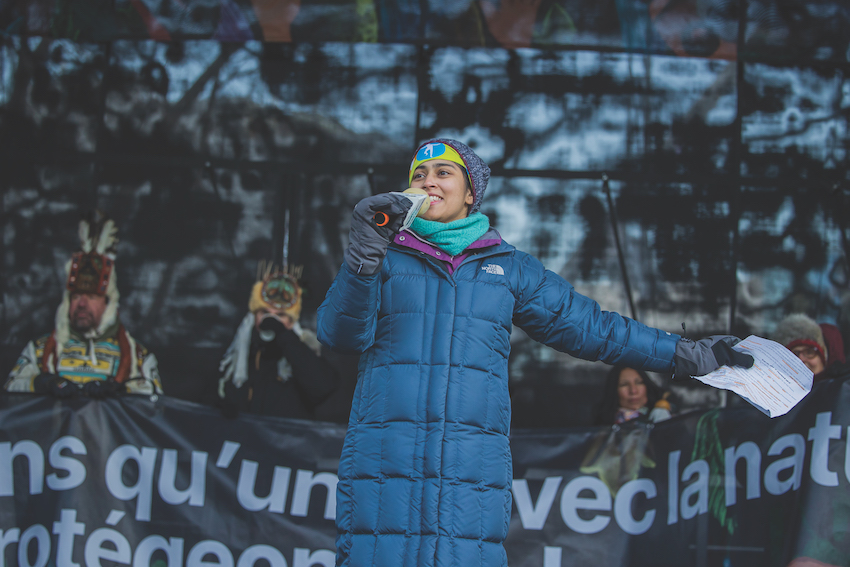He’s the leader of a new cereal company with century-old roots and a venerable name—WK Kellogg Co.
Brunswick Partners Jayne Rosefield and Monica Gupta interview Gary Pilnick about loyalty to the founder’s principles, to the cereal business and to Battle Creek, Michigan.
You were a veteran of Kellogg for over 22 years and a key driver of the company’s business strategy. What was the rationale behind the spinoff?
There were two things that made this the right thing to do for the business: First, part of the organization was performing similarly to pure-play snacking companies, which trade at a much higher multiple. If you pulled out the North American cereal business, and you looked at the snacking and emerging markets portfolios, those financial results looked alarmingly like Frito-Lay, Hershey and Mondelez. And those businesses were trading at a multiple several times higher than that of Kellogg Company. Simply by closing that gap, you win. That was a key entry point. We sat in a room and did that math.
The second thing, corollary to the first: As we thought about it, we said, “The North American cereal business would be better off as an independent company.” The company’s larger strategic focus was snacks and emerging markets, and likely the intersection of the two. The opportunity to prioritize investment into cereal wasn’t there. The North American cereal business would do better as a separate company because we would be able to focus investment and resources squarely on this business.
My conviction never changed on the snack side. I could see the powerhouse brands that we had. We could be a global snacking powerhouse. The categories were growing, and we had the brands and infrastructure to win.
On the cereal side, the conviction grew and grew, going from theory to reality. The theory was, by being on its own, we should be able to run this business better. We would be able to fund our own independent sales force. We could afford our supply chain modernization program. We kept adding it up. With focused resources and investment, the North American cereal business should have a future very different than its recent past.
And we weren’t seeing a lot of downsides. One major consideration was scale, but we would still be a $2.7 billion business and a leader in a durable and relevant category. What we might lose in scale we believed we would more than gain back in other places.
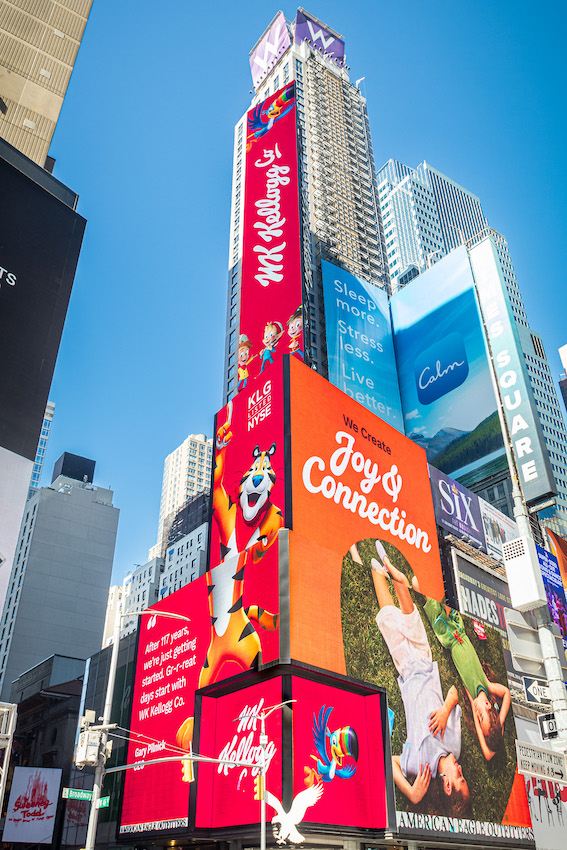
As CEO designate of WK Kellogg Company, what were some of the challenges and opportunities in leading a 118-year-old business through a transformation of this magnitude?
The benefit and the opportunities created for the North American cereal business as a result of the spin were greater than I anticipated when we were designing the potential spin. There had been a compounding effect of losing (for all the right reasons) the debate for resourcing year after year—for focus, for capability, for investment—because Pop Tarts is growing faster, because Pringles is growing faster, because Cheez-It is growing faster. I was in the room making those decisions, so I get it. When you flip it around, giving the cereal business the benefit of focus creates so many tailwinds. You read in all the articles about the benefits of a spin. I was a bit skeptical initially but was quickly converted. The upside and potential is unmistakable. Solely focusing on this one category and this one region will be a huge tailwind for our business. That’s number one.
Number two is the power of making it personal. I always bristled at the phrase, “It’s business, not personal.” I never understood it. That’s not the way I’m built. It just doesn’t make sense to me. If business isn’t personal, why are you doing it? Life is too short.
The benefit of being a smaller company allows it to be more personal. Rather than 30,000-plus people around the globe, we have 3,000 people in North America. It’s certainly easier to get your arms around that. We already see the benefits of making contact on a personal and regular basis. We see it especially with the folks in our supply chain, who represent 2,000 of our 3,000 teammates. Our leadership team has been to every single one of our plants, many on multiple occasions, and all six plants on the days before Listing Day. We celebrated our birth with our manufacturing teams first. And importantly, we see it in our community. The power of making it personal is a major difference.
Of our many tailwinds, those two things are unique to us. Not a lot of companies are single category, single focus. Not a lot of companies actually believe making it personal is the right thing to do, to go build trust the way we want to do it and have the leaders who are willing to do it.
“The brand means something to the world, and it means cereal. We originated it.”
As part of the separation process, you had the opportunity to name the new company. Why was it important that the name maintain a connection to Mr. Kellogg and the Kellogg’s brand?
Mr. Kellogg lives in our organization. He’s in our bricks. We talk about him quite a bit. If you read about him, you’d be inspired by who he was and what he did, not just in the good times, but in the hardest of times. To be able to be part of his history, that is incredibly humbling.
There was some arm wrestling about who would keep the Kellogg name. Not surprisingly, no one wanted to give it up, because it means so much to all of us. But if you ask anybody what the Kellogg’s brand means to them, “cereal” would be at the top of the list. Add to that, Kellanova was focusing on being a global snacking powerhouse, so ultimately, the Kellogg name was ours. Our past has been about cereal, our present is about cereal, and our future is about cereal and so much more.
I give Steve and Kellanova a tremendous amount of credit. That wasn’t an easy thing to do, not only giving it up, but then having to change the name of this iconic company. That took real courage. I also think the team did an outstanding job selecting Kellanova, signaling the linkage to our heritage while clearly communicating the new day.
In other spin stories you hear about people seeing it as a contest, a zero-sum game. They’re going to win at the expense of others. We didn’t have that. That’s not the way the Kellogg Company showed up. We said, “We’re going to create two great companies that are both going to succeed.” That’s pretty rare, and I think that’s something that we should all celebrate. We said we would be cousins, family. The key is that there is affection and respect at the foundation.
What went into building your leadership team, and how has it been working together?
There were many factors that I considered when establishing the criteria for our leadership team. I knew we would have people who have great expertise, but I also wanted those who have an enterprise view: It’s not about them—it’s about the business. They had to be talent magnets, people for whom others wanted to work. And they had to love cereal. They had to believe in it. It could not be about a job title that they could then go re-trade later.
To watch them, you would not say this is a new team. The roles have changed, but the expertise and experience are deep, and they work so well together. It’s a joy to be part of that team. I kept getting told, “You’re going to be lonely as a CEO. That’s just the way it works. It’s the natural order of things.” I didn’t want that. And I’m not lonely. The trust that’s been built, the fun that we have, means that we are in this together. It’s very personal.
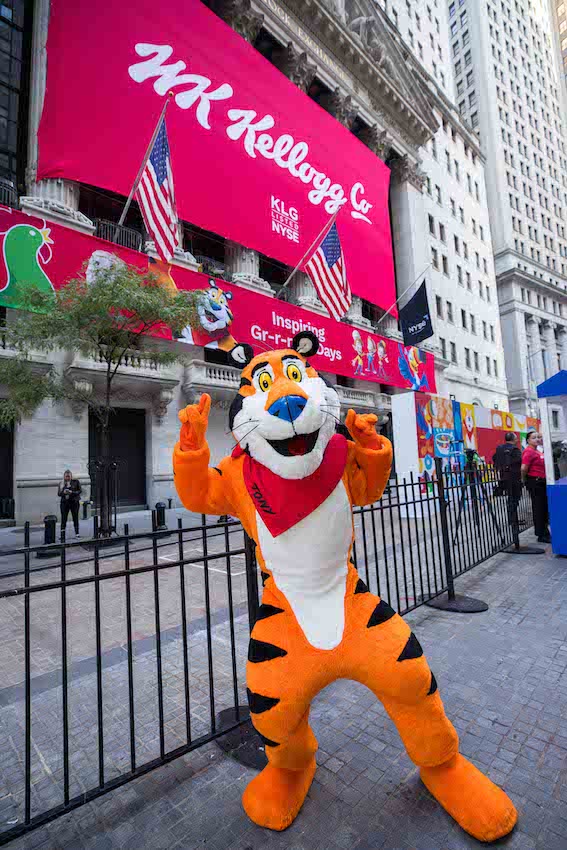
How is WK Kellogg Company perceived by your most critical stakeholders, customers, investors?
Let’s start with customers. The right question for us to ask ourselves is, “What’s in it for them?” If our change is going to make their lives easier, help them drive their margins, grow their business, great. If it’s going to get in the way of their business, make it more complicated, they should not be interested. That was our approach and we are getting good early feedback from customers.
The good news for WK is that Cereal is a large, important category for retailers. You probably don’t remember a day when there hasn’t been 70 feet of cereal shelves in a grocery store. That’s still true. Retailers rely on it to drive traffic. Cereal is a regular purchase. It’s not impulse. One of our objectives is to drive this category as a whole by bringing excitement through our brands, our innovation and news in the aisle. We believe that is what customers would want, and it’s right for our business.
Investors, in the beginning, were digging into a single category, single region cereal business. It’s our job to deliver on our commitments to build our reputation and reliability. We describe it as “promises made; promises kept.” They’re starting to believe. They hear our strategy. They understand the team we built. They’re recognizing the durability, size and future of this business and the potential of it. It’s up to us to continue to show them, not just tell them. We are up for that for sure.
I am very proud of the way we are connecting with our communities, particularly our hometown. We’re so proud to call ourselves a Michigan-based company. Our headquarters are in Battle Creek, Michigan. We celebrate that. We’re putting our money where our mouth is, and the city is seeing that, the state is seeing that. Our local communities are seeing that.
Our employees, our team—if we could bottle this and sell it, we’d make a fortune. That energy makes me very proud. It’s a humbling moment to hear them talk about how it feels for them to work for WK Kellogg Co and what they want to do going forward. That’s not a birthright. We have to earn that every day. This leadership team will earn it every single day, making it better. That is always the goal.
We’ve been calling this company a 117-year-old startup—now 118. We have the expertise, the capability, the infrastructure, the ways of working, systems, governance. All of that came along on day one of the spin. That’s the 118-year-old part of our business. But our attitude is that of a startup. We are a new company with a 118-year-old foundation. When you think about someone in a startup, you feel how personal it is, how organic it is, how important it is for them to win at all costs. The can-do attitude—that’s what startups are all about. That’s what we are all about.
“This category has so much more to give. And as the originator of this category, it’s now our only focus. I mean, just watch out.”
What is it about the Kellogg brand that has made it such a part of the culture? Can it maintain that into another century?
The brand means something to the world, and it means, among other things, cereal. WK originated it. Farther back than 118 years ago—1894 was when the cornflake was created. We invented this food, this category, this occasion for consumers, 130 years ago. Cereal today is a $10 billion, highly branded category—and durable, still the number one choice for in-home breakfast consumption.
We invest in these brands. We connect consumers with these brands.
This category has so much more to give, and it’s now our only focus. Our only priority. As the originator of this gr-r-reat category, we see it as our obligation—our privilege—to be the catalyst for the category, to reach its potential. We’re 118 years in and we are just getting started.
What are you focused on in your first few years as an independent company?
We are going to optimize our scaled business and we will do so through our strategic priorities. First, we’re going to integrate a commercial plan to win in cereal. Pre-spin, we had five different businesses: Canada; Caribbean; Food Away from Home; Kashi and Bear Naked; and US. We are integrating the five and will run it as one business. We stood up a sales force that only focuses on cereal. Kellogg Company is known for the quality of its sales force, but that sales force covered many different categories, and cereal was one of the last priorities. Now cereal is their only priority, which will drive our focus and expertise.
Second, we’re going to modernize our supply chain—going from maintaining to modernizing—and spending up to half a billion dollars to make our operations much more efficient, effective and agile.
And last and most important, underpinning all of it is unleashing a purpose-driven culture, engaging with the people who get all this work done. What’s most exciting is how the culture is developing organically throughout the organization. We feel it every day.
Which brand character resonates with you most personally and why?
We have so many, the Avengers of the food industry. But if I had to pick one, it would be Sunny, the mascot of Raisin Bran—perhaps not the one you were expecting. Most expect me to say Tony the Tiger.
But when I think about Sunny, it represents something that’s warm, positive and enduring. Sunny is always Sunny. There’s never a time where Sunny’s not positive. There’s never a moment where Sunny shows up questioning what today is going to be like. Rather, Sunny is ready for any challenge and knows today will be a great day. Sunny also brings the heat and energy to others. It’s aspirational for me. On my best day, I like to think what I bring to the table is always constructive.
Over the years, I’ve started my presentations with a smiley face, a traditional smiley face from back in the ’70s. That’s something our former Chairman and CEO Jim Jenness used to do. His view was: “Remind yourself that you should be happy. Remind others they should be happy. Be ready for the challenges that lie ahead with the positivity and energy that is inside each of us.” I still do that, but now I use Sunny as the smiley.
Also in the Brunswick Review: Steve Cahillane, Chairman and CEO of Kellanova,Kris Bahner, Chief Global Corporate Affairs Officer for Kellanova, and Stacy Flathau, Chief Corporate Affairs Officer for WK Kellogg Co.
More from this issue
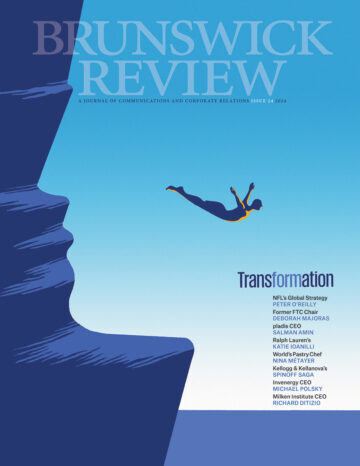
Transformation
Most read from this issue
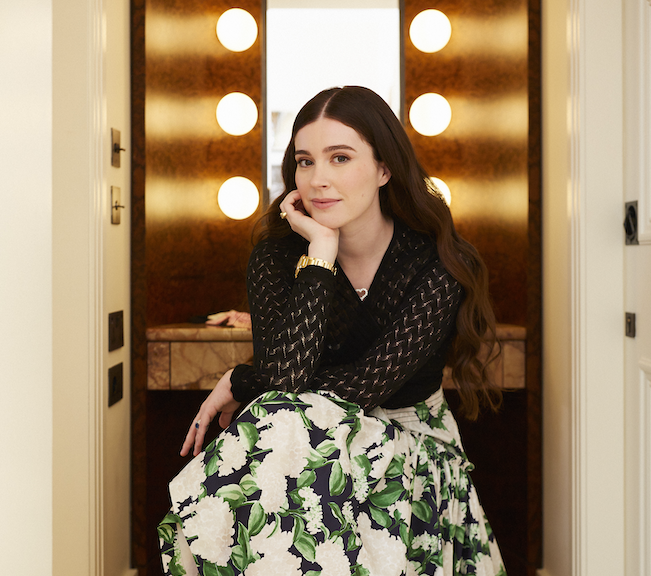
More Than a Dress
